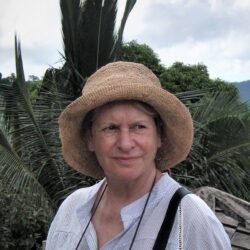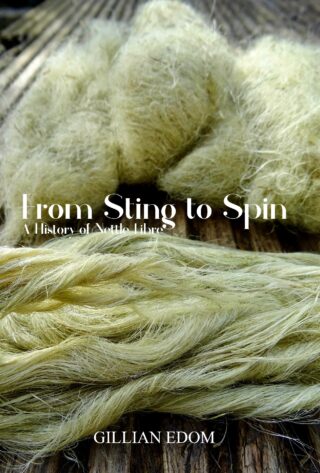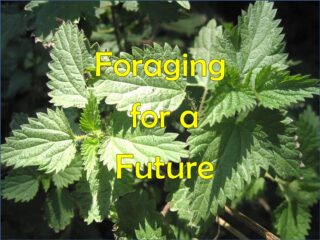About The Speaker...
I am deeply interested in the natural world, textiles, social history and education. These interests have often overlapped and intertwined, and they have led me into a variety of explorations that often lead to unexpected outcomes. For example, my fascination with plants and textiles resulted in many years of research into the use of the fibre of nettles to make cloth. This journey included taking a research degree in nettle fibre extraction at De Montfort University and then publishing my book From Sting to Spin, which is about the history of nettle fibre use.
I am a forager and and lead foraging walks. I have also taken part in the Wildbiome research project set up to evaluate the impact of a hunter/gatherer diet on the human body. During this period I lived off wild and foraged food for three months – a steep learning curve in how to use our native plants in original ways to create edible and sometimes delicious meals.
I have been and continue to be involved in various environmental projects in my local area with the aim of supporting our rich, but ailing, biodiversity. This something that is very close to my heart.
About Their Talks...
Both of my talks share the theme of reflecting an older, slower way of living that we have forgotten and skills that we have lost. It takes time and effort to extract the fibre from the stem of a nettle. It takes time and effort to forage and prepare a meal fit to eat. Both enable a deeper connection to the natural environment and an appreciation of its wonders.
The talks last approximately 45minutes, but I can be flexible. I am able to provide my own PowerPoint projector and laptop.
Fee:
My fee is £70 per talk. Travel costs are 45p per mile over 10 miles from my home.




